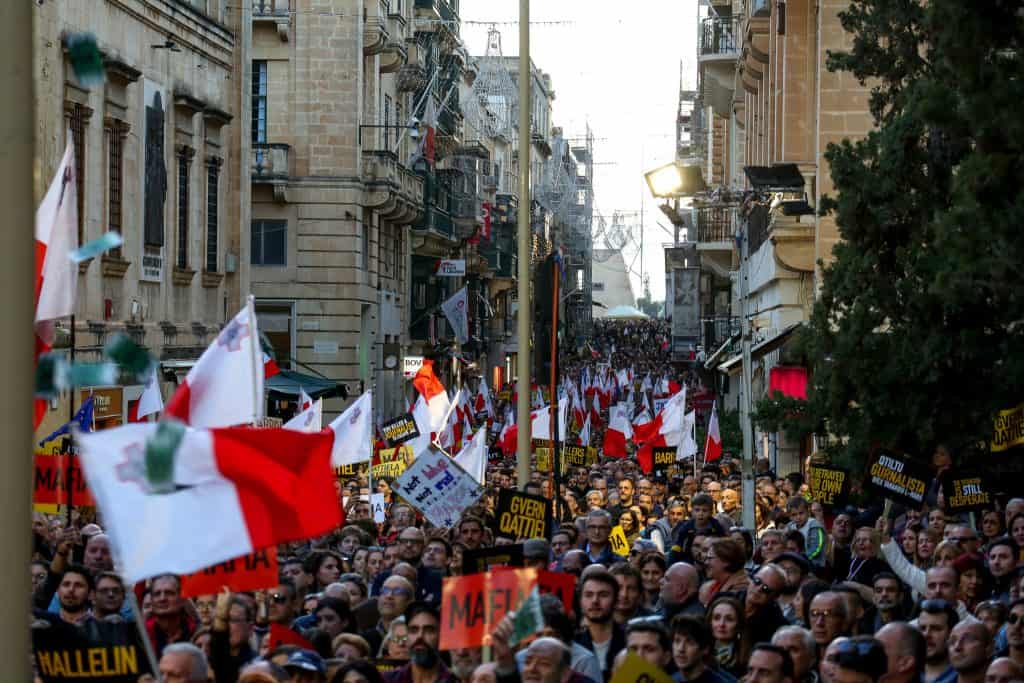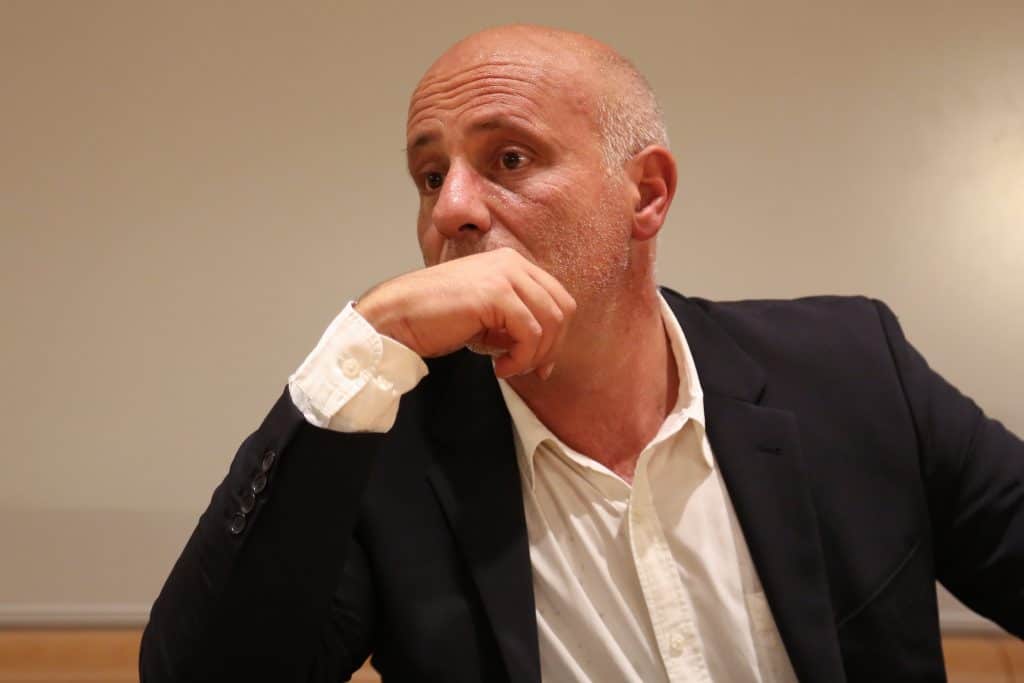This piece was published in Italian this morning in Carlo Bonini’s La Repubblica. My translation of his article is published here on his request and with his permission.

In Malta, the EU’s smallest country, at the end of a week that forever changed its history, the epilogue of the story that speaks not only to the Maltese but to all of Europe has now been consummated. Two years after the killing of journalist Daphne Caruana Galizia, the labour prime minister Joseph Muscat has given notice of a date, 12 January, when he will leave the leadership of his country and his party.
He has been overcome by the evidence that proves beyond any reasonable doubt that the State’s handprint is on that murder. This is enormous, no matter which way you look at it. Even more so when you consider this is happening at the heart of the European Union.
Yet – and one can say this now considering the certainty of what we can see – this is the truth.
As we’ve done in the last two years La Repubblica and the consortium of 18 other news organisations belonging to the Daphne Project to which we belong have told you this story. This has been an always-on investigation that has uncovered the lid that hid the rotten pit of Malta. We have uncovered the manipulation, the misdirections, the outright lies that Joseph Muscat’s labour government, right up till the end, thew at us to seek to hide the way to the the masterminds of Daphne’s killing inside the Palace of Power.
The prime minister and his “resigned” ministers Keith Schembri and Konrad Mizzi secured a perverse pact between a “Maltese renaissance”, reforming socialism, a hand outstretched to the plutocracies of Azerbaijan and the Gulf, shady money and the champions of their own corruption.
Daphne, entirely alone, had observed, documented and denounced this pact. For doing that she paid with her life. And she had to suffer the assault on her memory (for two years, every night, her memorial in the heart of Valletta, is cleaned of flowers, candles and posters ostensibly to “keep the city clean”).
Journalism, the resilience of a family – Peter, Daphne’s husband, her three sons, her sisters – the strength of a few thousand activists (“Repubblika”, “Occupy Justice”), the stubborn courage of a part of the Maltese parliamentary opposition (the former PN leader Simon Busuttil, the MP and the family’s lawyer Jason Azzopardi, MEP David Casa), MEPs of both sides (one should remember and recognise the commitment of the former president of the European Parliament, Antonio Tajani of the EPP, and the crucial role of the Dutch Pieter Omtzigt), of independent news sites (“Shift News” by Caroline Muscat, “Truth Be Told” by Manuel Delia), the support of journalism organisations (“Reporters Without Borders”, and the Italian “Articolo 21”, FNSI and Usigrai), have by the end given the belief, the strength, and the pride to people in the streets who have found the arguments and the ability to make democracy in action.
They have found the courage to shout that the Palace of Power is rotten to the core. Its hands are seeped in Daphne’s blood.
That courage held them in the siege they laid to the Palace of Power, physically, in a show of force (8 protests in 10 days) that in the last week protecting behind barricades the government in a ‘castling’ move from chess. The last push they needed came from the outcome of the criminal investigation that after going round in circles for two years finally freed itself from the government’s grip that held it back, controlled it and intimidated it.
Brussels and Strasbourg would do well not to forget what happened here. Daphne’s killing and the days of Valletta are the precise image of what could be the dystopian future of democracies who choose the short-cut of a Faustian pact with the poison that corrodes democracies. Because for the end of such adventures, the story is already written.
May Malta and the Maltese now find their way again.
